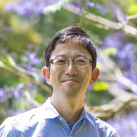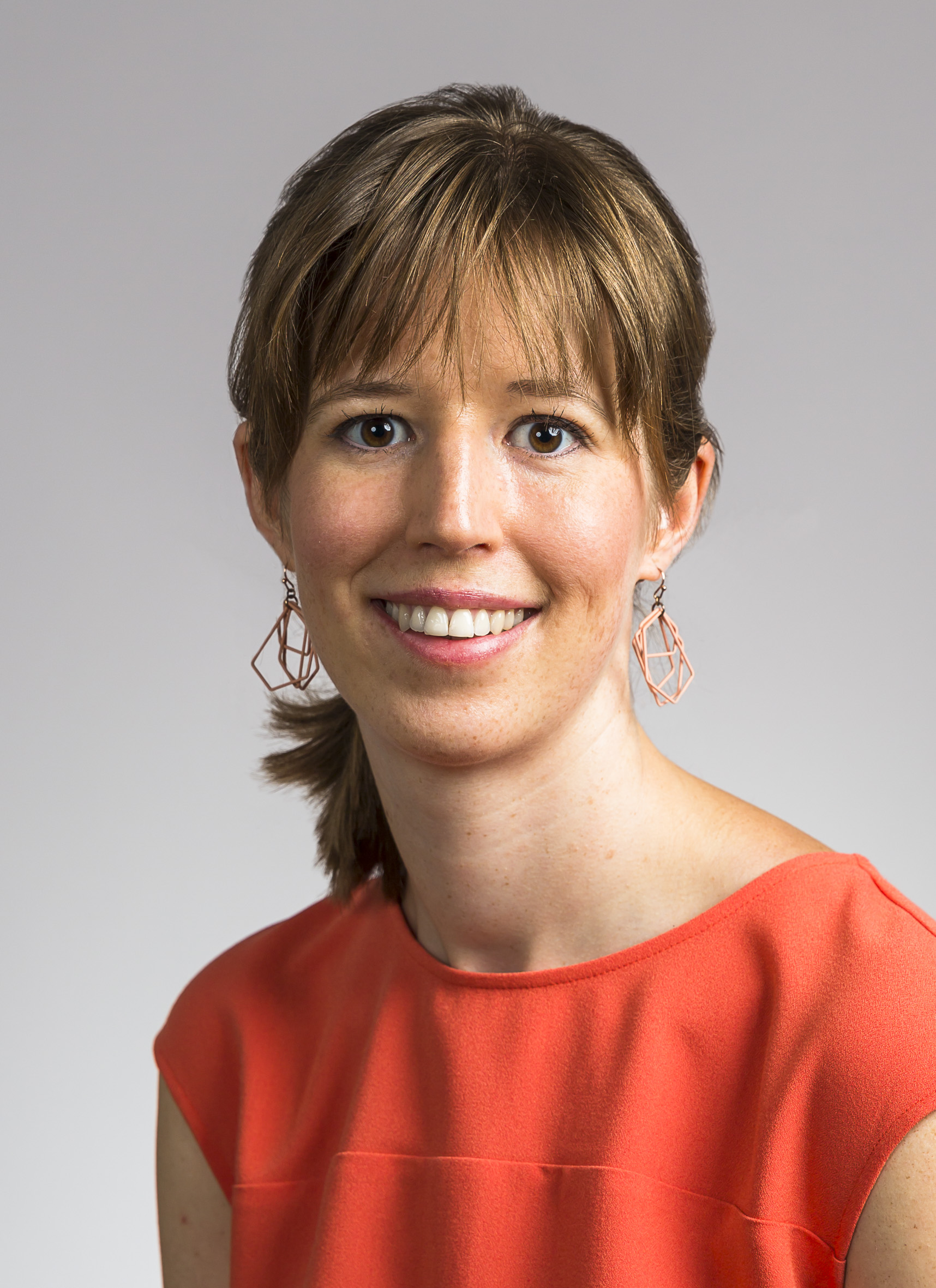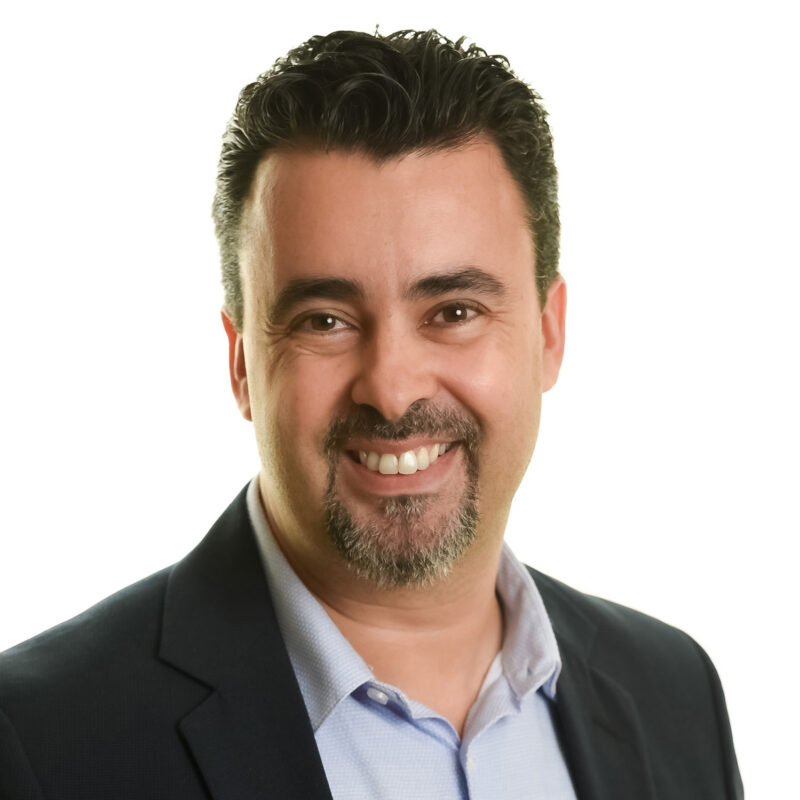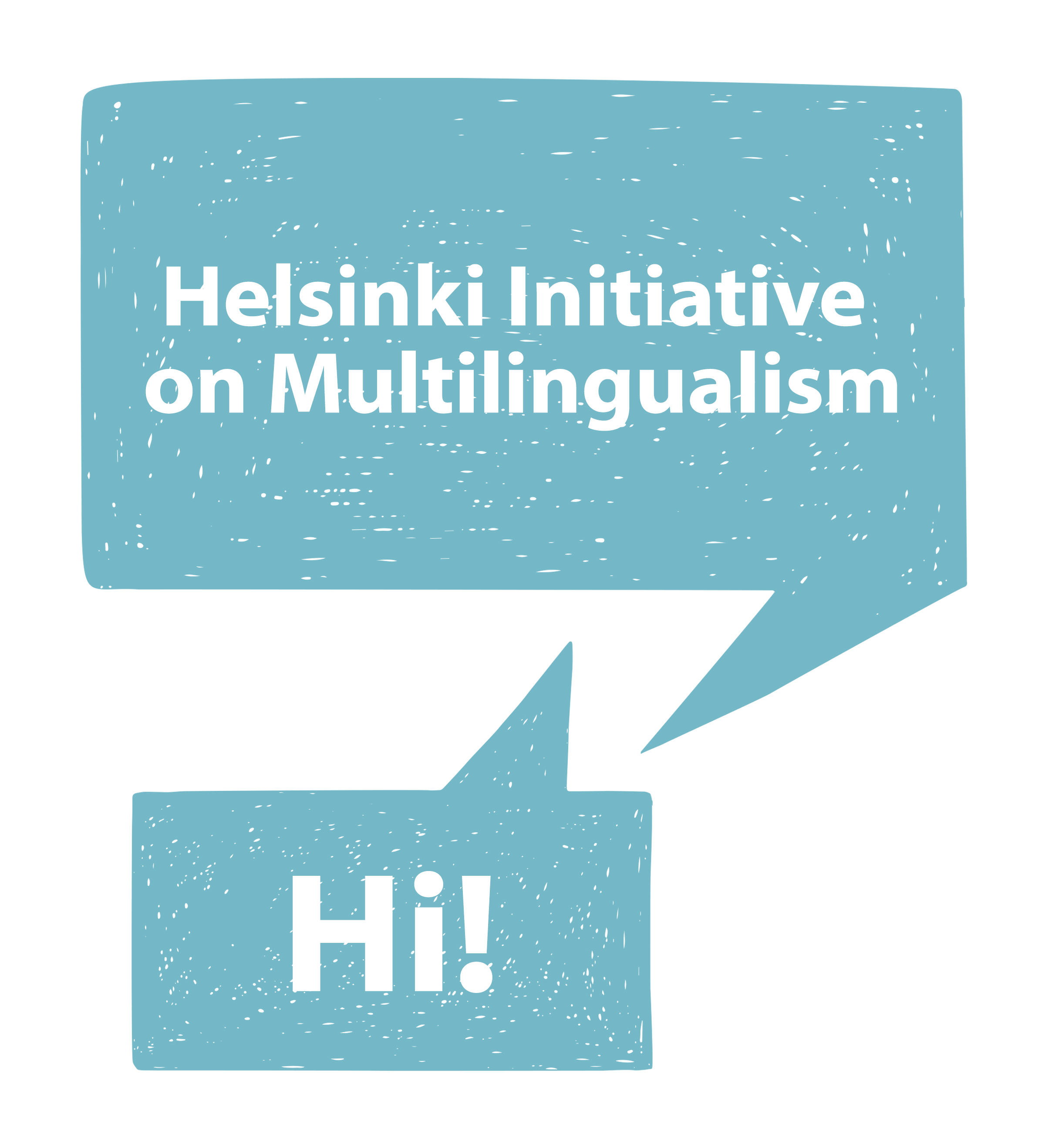5th Helsinki Initiative Webinar on Multilingualism in Scholarly Communication
Helsinki Initiative organizes a webinar series on Multilingualism in Scholarly Communication with speakers representing different expert communities and strands of work. This event includes three presentations on language-based productivity gaps, implications of narrative CV for non-native English speakers, and bibliometric coverage of linguistic diversity of global research output. The event is free and open for everyone to participate. Recording and presentations will be made available after the event to registered participants.
Registration: here (Zoom link will be sent to registered participants)
Date & time: 8 December 2025 12:00-13:30 CET
Programme
- Tatsuya Amano (University of Queensland): Language, economic and gender disparities widen the scientific productivity gap
Using a survey of 908 environmental scientists, we show in a recent article that being a woman is associated with up to a 45% reduction in the number of English-language publications, compared to men. Being a woman, a non-native English speaker, and from a low-income country is associated with up to a 70% reduction, compared to male native English speakers from a high-income country. The linguistic and economic productivity gap narrows when based on the total number of English- and non-English-language publications.
- Karen Stroobants (CultureBase): Narrative CVs - implications for the non-native English speaker
A common worry in user feedback on narrative CV implementation, both from applicants and reviewers, is that they might disadvantage non-native English speakers. What does evidence collected so far tell us about this? Are narrative CVs used in native languages? And how might the use of generative AI play into this?
- André Brasil (CWTS, University of Leiden): English dominance and multilingualism in scholarly communication
A report produced for the CoARA WG on Multilingualism and Language Biases in Research Assessment examines how English became the dominant language of scholarly communication and how multilingual publishing is organised, valued, and made visible across contemporary research systems. It traces the historical pathways that have privileged English through empire, geopolitical power, and cultural influence, and shows how these legacies are reproduced today through journal hierarchies, database coverage, and evaluation practices.
The event is hosted by Emanuel Kulczycki and Janne Pölönen.
For further information email helsinki-initiative@tsv.fi.
Speakers:
 Tatsuya Amano
Tatsuya Amano
Tatsuya Amano is an Asssociate Professor at the University of Queensland, Australia, and is the Deputy Director in Research at the Centre for Biodiversity and Conservation Science also at UQ. Tatsuya is committed to improving the way we conserve biodiversity, from the generation and interpretation of scientific evidence to the transfer of evidence to decisions and societies. His translatE project (https://translatesciences.com/) applies scientific approaches to understanding the consequences of language barriers in science and devising solutions, with the aim of maximising scientific contribution to global biodiversity conservation.
 Karen Stroobants
Karen Stroobants
Dr Karen Stroobants is a Director at CultureBase, a consultancy that supports research organisations to improve how research is done. She specialises in research culture and research assessment, with recent projects including a review of studies and funder evaluations of narrative CV implementation, and an evaluation of the Swiss National Science Foundation's unified evaluation procedure and narrative CV. Karen was the penholder for drafting the Agreement on Reforming Research Assessment and has been Vice-Chair of the Coalition for Advancing Research Assessment (CoARA) since 2022.
 André Brasil
André Brasil
André Brasil is a researcher at the Centre for Science and Technology Studies (CWTS | Leiden University), focusing on national evaluation systems, scientometrics, scholarly publishing, open science, responsible research and innovation (RRI) and diversity in science, especially concerning multilingualism and geographic inclusion. He is a member of the UNESCO Chair for Diversity and Inclusion in Global Science and a research fellow at the Research on Research Institute (RoRI). André is also affiliated with the Brazilian Agency for Support and Evaluation of Graduate Education (CAPES), working at the Division of Studies and Research in Evaluation
